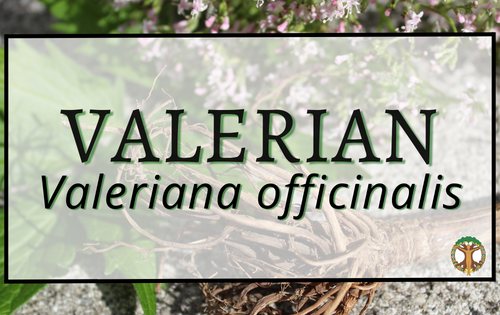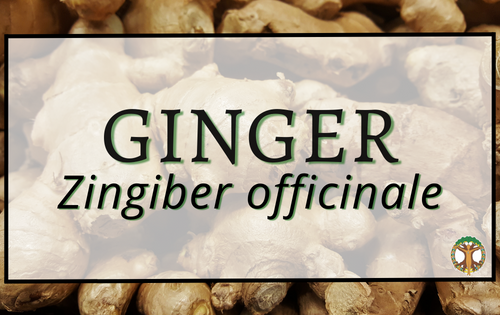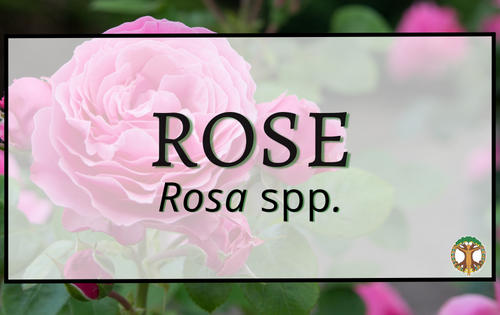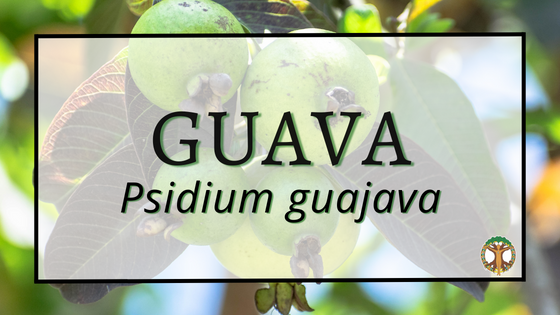
Guava
Contributor: Maggie Smartt
Latin Name: Psidium guajava
Common Names: Common guava, yellow guava, lemon guava, apple guava
Family: Myrtaceae (Myrtle family)
Habitat: Native to Central and South America, this evergreen shrub is right at home in tropical and subtropical climates.
Caution: P. guajava is considered a Category 1 invasive plant in Florida. We recommend sourcing your ingredients from the store or from someone you know who is already growing it rather than planting it in your own garden.
Parts Used: Leaves, flowers, fruit, and inner bark.
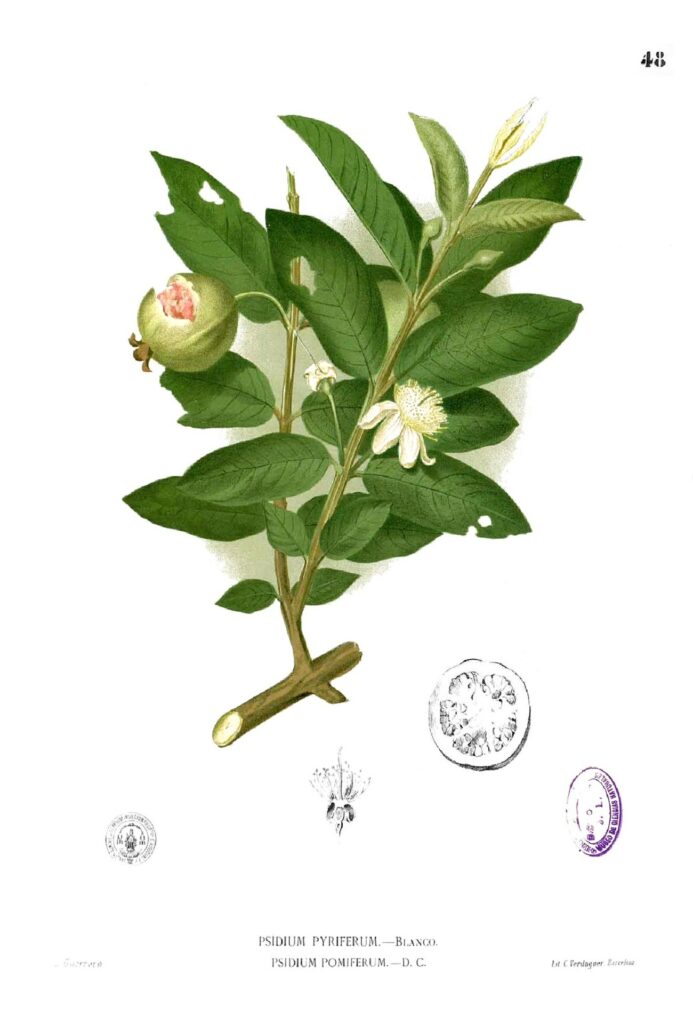
Uses: The fruit is eaten, made into drinks, and used as an ingredient in many culinary dishes.
The leaves and bark have historically been used as an infusion or decoction to aid in relief from diarrhea, sore throats, vomiting, stomach upsets, vertigo, and to regulate menstrual periods when ingested. A decoction of bark, leaves, or infusion of the flower aids in the healing of wounds and skin sores with applied topically. And gargling a decoction of the leaves and/or bark is said to help with sore throats, laryngitis, and swelling of the mouth.
P. guajava essential oil may help repel mosquitos.
History and Tradition: The guava fruit has a rich history with the indigenous people of the South American rainforest and may have been domesticated in Peru several thousand years ago. Guava seeds found stored with beans, corn, and other cultivated plants at Peruvian archaeological sites support this theory. To this day, the fruit is still a staple sweet treat in this region.
The leaves, flower, and bark of the plant were used by the Tikuna Indians and many other Amazonian tribes in decoctions and infusions to relieve diarrhea and dysentery as well as a number of other gastrointestinal issues.
The Europeans enjoyed the fruit so much they transported it to other tropical regions so that it now grows in Africa, Asia, and India.
Actions: Antibacterial, antiseptic, antispasmodic, cardiotonic, cardiodepressent, astringent, analgesic, antifungal, antioxidant, gastrototonic,
Constituents: Guava fruit is higher in vitamin C than citrus, and is a good source of vitamin A and pectin—a dietary fiber—as well.
The leaves of P. guajava contain flavonoids which have demonstrated antibacterial activity. One of these flavonoids in particular, quercetin, is thought to contribute to the anti-diarrhea effect. Another flavonoid, triterpenes show antispasmodic activity. In addition, the polyphenols found in the leaves give them antioxidant properties.
Cautions and Contraindications: Cardiac depressant effect is contraindicated in some heart conditions and should be used with caution by those on heart medications.
Guava fruit can lower blood sugar levels and should be used with caution by those with hypoglycemia.
Watch the Video Plant Profile Featuring Our Community Graduate and Co-Founder of Botanica Organica, Ricky Tree
References:
Avoidance Behavior to Guava Leaf Volatile Oil by Three Medically Important Mosquito Vectors. National Library of Medicine National Center for Biotechnology Information. Full link: https://pubmed.ncbi.nlm.nih.gov/34665255/
Guava. The Tropical Plant Database. Full link: https://rain-tree.com/guava.htm
Psidium guajava: common guava. University of Florida Institute of Food and Agricultural sciences (UF/IFAS). Center for Aquatic and Invasive Plants. Full link: https://plants.ifas.ufl.edu/plant-directory/psidium-guajava/
Psidium guajava: A Single Plant for Multiple Health Problems of Rural Indian Population. National Library of Medicine National Center for Biotechnology Information. Full link: https://www.ncbi.nlm.nih.gov/pmc/articles/PMC5628524/
Disclaimer – This content is intended for educational purposes only. Please consult your healthcare provider before making changes based on the material.




